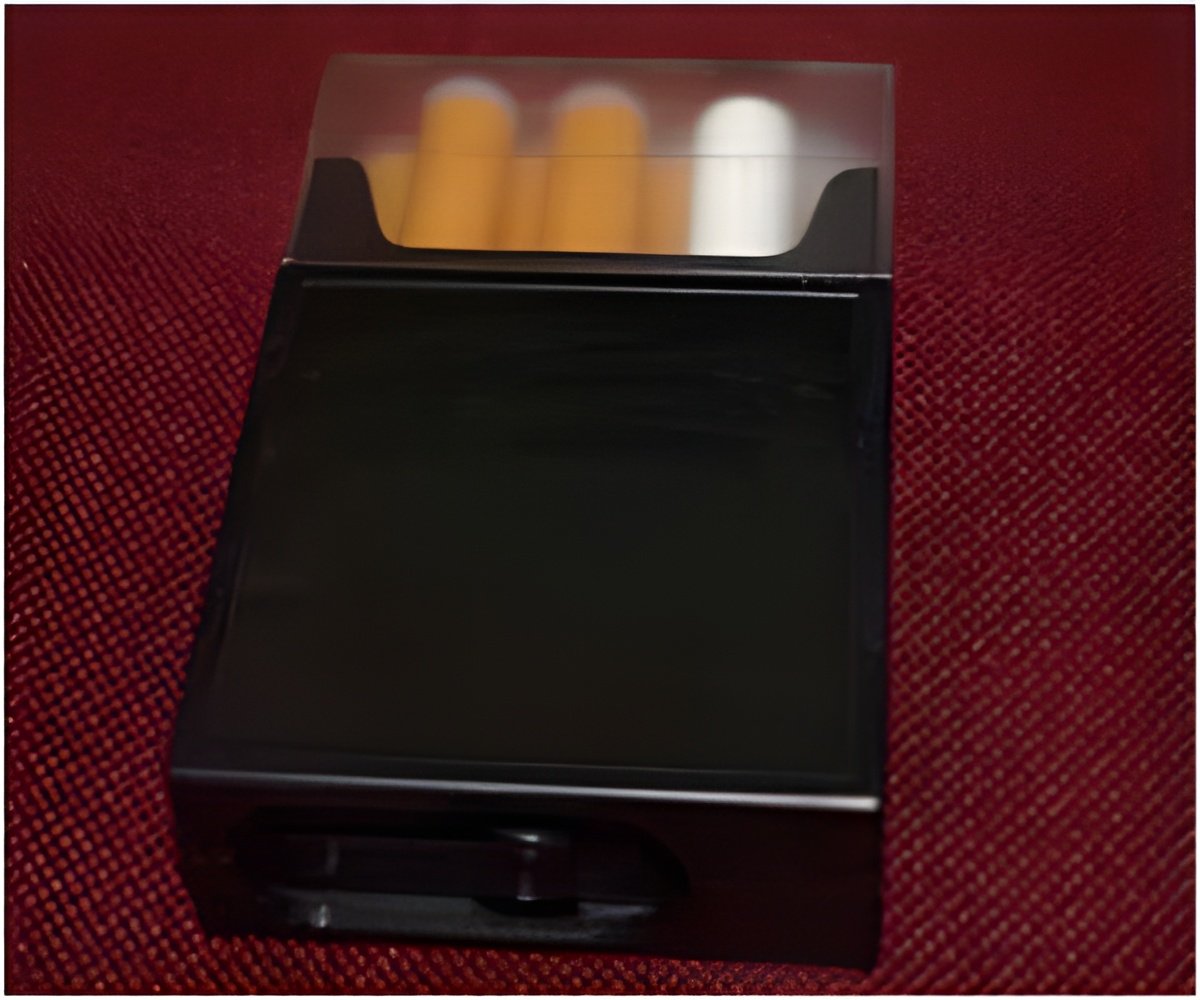Swedish court says that the e-cigarettes do not contain instructions on how they could be used to reduce the consumption of cigarettes or nicotine addiction.
A Swedish court overturned an earlier judicial decision banning the sale of e-cigarettes. The Supreme Administrative Court ruled that e-cigarettes are not medical products, and therefore the National Drug Agency could not oppose its sale.
"To be a medical product, it must have the ability to prevent or treat a disease and, therefore, provide a beneficial effect on human health," the court’s ruling read. The e-cigarettes "do not contain instructions on how they could be used to reduce the consumption of cigarettes or nicotine addiction," according to the court.
TOP INSIGHT
Health experts and watchdogs have been embroiled in debate as to whether the e-cigarettes, often not strictly regulated, are safe or not.
E-cigarettes are battery-powered devices that heat up a liquid containing nicotine and artificial flavouring. The vapour is inhaled -- "vaped" -- and exhaled, much like a cigarette. In the last few years, health experts and watchdogs have been embroiled in debate as to whether the gadgets, often not strictly regulated, are safe.
They can also be used with nicotine-free liquids, but some fear e-cigarettes could be a gateway to "real" cigarettes for teenagers. Regulations concerning e-cigarette are changing rapidly and vary widely throughout Europe.
Portugal does not restrict the use of e-cigarettes, but heavily taxes them. In Switzerland, the e-cigarette is banned if it contains nicotine. France has the largest market in Europe, with nearly three million "vapoteurs".
Source-AFP

 MEDINDIA
MEDINDIA


 Email
Email



